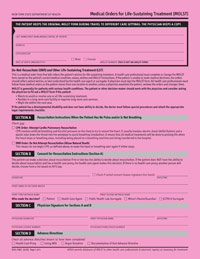One of the most common telephone calls I receive is from a frantic parent who has just organized their first vacation away from their children, yet have failed to put in place any estate planning documents in case of their early demise. Every time they are going away in 2 weeks. Every. Time.
I admit that flying on a plane is safer than driving in your car, and that logic therefore dictates that when a parent hops on their motorcycle or enters their car I should actually receive the call then, but most people contemplating their eventual demise fail to use the left side of their brain. Thus, if it takes the distant potential of a tragic, explosive, fiery plane crash for someone to come in and finally do their Last Will and Testament, I’m not going to argue anymore. Come in quickly! The explosion is going to be a sight to see! Don’t forget to kiss your kids before you leave and tell them you love them.
What to do?
There are two options my office now provides and here they are:
1) Emergency Planning. I will expedite the initial consultation along with the drafting of all documents. We will name a guardian of the children in your Last Will and Testament, draft a Power of Attorney for each parent and create Health Care Proxies/Living Will as well. We will complete everything in 3-7 days and it will be twice the price of my regular basic estate planning package.
2) Standby Guardianship Drafting and Signing. This is not a perfect remedy, but it’s something. When a parent designates a standby guardian, they are recommending that person to be the child’s guardian in the future. If the parent becomes debilitated, incapacitated or dies, the standby guardian may petition the court within 60 days and apply for permanent appointment.
The takeaway is very simple here. First, you are not going to die in a plane crash and should just get your planning taken care of early on. Second, many people are not willing to pay double to expedite the completion of their Wills, so if you are going away and need something, we’ll draft the standby guardianship and complete your Wills when you come back.
Take a breath and enjoy your trip. You deserve it.
Also if someone you know has died in a plane crash and you’re reading this I apologize for making it part of this story. I know people die on planes. It’s terrible. It’s also terrible when people don’t plan correctly for their death and their children or estate have to pay the price. I’m passionate about people’s wishes actually coming to fruition when they die. It’s a weird passion.

